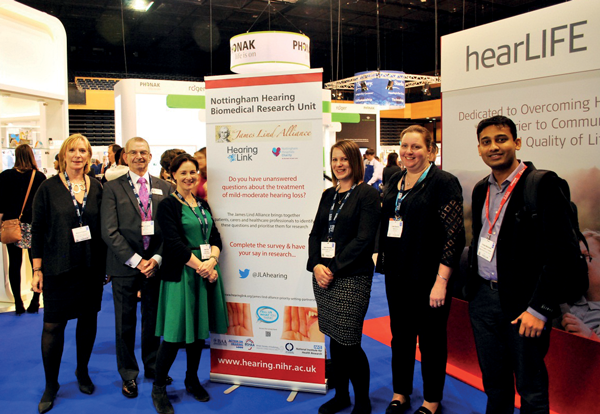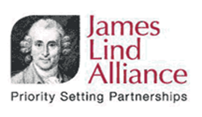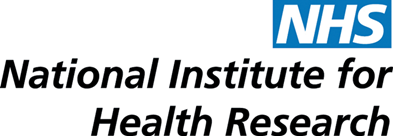A James Lind Alliance Priority Setting Partnership has been formed to help shape the future of research into mild-moderate hearing loss.
Who is the Priority Setting Partnership?
The Partnership brings together Hearing Link, Action on Hearing Loss, the British Society of Audiology, the British Academy of Audiology, the British Society of Hearing Aid Audiologists, the UK Cochrane Centre, and is coordinated by the NIHR Nottingham Hearing Biomedical Research Unit. It offers people whose lives have been touched by hearing loss the opportunity to take part in a national research priority setting exercise to help to shape the future of mild-moderate hearing loss research.
How can the Partnership help inform research?
Hearing loss research topics have typically been decided upon by researchers in universities. This Partnership is important for redressing the balance of power by enabling those who really understand the issues surrounding mild-moderate hearing loss to have their say. The Partnership is keen to hear the views not only of people affected by hearing loss, but also their friends, family members and professionals working in this area.
An initial survey (Round 1; November 2014 – January 2015) gathered 1209 ‘unanswered questions’ about the prevention, diagnosis and management (treatment) of mild to moderate hearing loss. These questions are currently being grouped into themes to derive ‘indicative’ questions that may be answered by future research.
How can I get involved?
A second survey (Round 2) will be launched ahead of Deaf Awareness Week (6–12 May 2015). This offers people with hearing loss, their friends, family and clinicians, the opportunity to rank the questions generated in Round 1 in terms of which are the most important to be answered by research.
A final priority setting workshop will be held in Nottingham in September 2015, where the ‘Top 10’ most important questions for mild-moderate hearing loss research will be agreed. The Partnership will ensure that the outputs of this process are brought to the attention of research funders, research commissioners and policy makers, to enable future research to answer the priority questions for mild to moderate hearing loss that are aligned to individuals’ needs.
Hearing Link is a UK organisation for people with hearing loss and their families – and the user organisation for the Partnership.
Linda Sharkey, Hearing Link’s UK director, said:
“I think that this Priority Setting Partnership on mild to moderate hearing loss is really important, because there is probably still much to learn about the effects, impact of and treatments for this range of hearing loss. We want people who experience hearing loss, patients, family members and clinicians to be part of this process, because they hold a level of insight into this issue that is much sought-after and needed.”

Several of the James Lind Alliance Priority Setting Partnership steering group members at the BAA conference in November 2014 (in Bournemouth). L to R Melanie Ferguson, NIHR Nottingham Hearing Biomedical Research Unit, Barry Downes, British Society of Hearing Aid Audiologists (BSHAA), Helen Pryce, British Society of Audiology (BSA), Helen Henshaw, NIHR Nottingham Hearing Biomedical Research Unit, Linda Sharkey, Hearing Link, Vinaya Manchaiah, British Academy of Audiology (BAA).


www.hearinglink.org/james-lind-alliance-priority-setting-partnership


The National Institute for Health Research (NIHR) Nottingham Hearing Biomedical Research Unit is a partnership between University of Nottingham, Nottingham University Hospitals Trust and Medical Research Council Institute of Hearing Research.

Access Survey Round 2 (May – June 2015) www.surveymonkey.com/s/jla-hearing2

Register your interest in attending the final prioritisation workshop. E: JLAhearing@nottingham.ac.uk

Follow us on Twitter: @JLAhearing

Join us on Facebook
Declaration of competing interests: This research is part funded by the Nottingham Hospitals Charity and the remainder is funded by the NIHR. The authors declare no conflicts of interest.




